
The crisis in Ukraine has been awful to observe, with the world order and certainties that we have taken for granted being turned upside down. I grew up in the 1970s and 80s against the backdrop of the Cold War, and while there were anxieties of what might happen should there be a conflict between the west and east, for the most part we lived in a stable world. I always remember my parents talking with me about how fortunate we all were to be living in a period of relative peace and stability in Europe. They were both born in 1927 and had grown up during World War II, and this experience had a profound influence on them both, and shaped the rest of their lives.
A difficulty and challenge for parents and schools is how to talk to children about the current conflict. At school, we have felt it is important to address events, but to ensure the content and message are age appropriate. In my assemblies to Years 3 - 8 since Half-Term, we have focussed on the unfolding humanitarian crisis, with a particular emphasis on where Ukrainian refugees are fleeing to, and have also discussed the UK’s relatively slow response to this particular aspect of the crisis. I have talked to all the boys in Year 8 from a historical perspective to give them an understanding of the underlying tensions in the region, which have contributed to the current situation. In these discussions, we’ve focussed on the Soviet Union’s experience in World War II, the Cold War, and Ukraine’s and Russia’s relationship with NATO and the EU. Form Tutors in other year groups have also talked through similar topics.
A number of parents have sought advice as to how they should approach discussing the war with their children. There are of course ‘no rules’, and each situation will be different. Set out below is a useful piece recently published in The Times and then republished in The Week:
- Children take their cues from their parents, so try to telegraph calm. Primary children are likely to know something is going on, but only talk about it if they bring it up. Don’t say too much to little children, but you could explain that it’s not OK to take something that doesn’t belong to you.
- Don’t duck the conversation, as that may only increase their sense that something bad is happening. Be honest: acknowledge that the war is serious, but stress that countries are working to resolve it. If they seem fearful, try asking what they’ve heard, and building the conversation from there.
- Check in daily with teenagers and watch out for disinformation. Dissuade them from doom-scrolling and suggest practical ways they might help, by finding a charity to donate to or raise money for. Tell them it’s ok to take a break from thinking about it.
- Don’t leave newspapers lying around for small children to see, as the images may be distressing. With older children, choose reliable sources of news to watch together.
On Monday, we will be holding a Yellow and Blue Day. Boys are encouraged to dress up in Ukrainian colours, and donate £2, with all monies raised going to support the Ukraine Humanitarian Appeal by The Disasters Emergency Committee.

